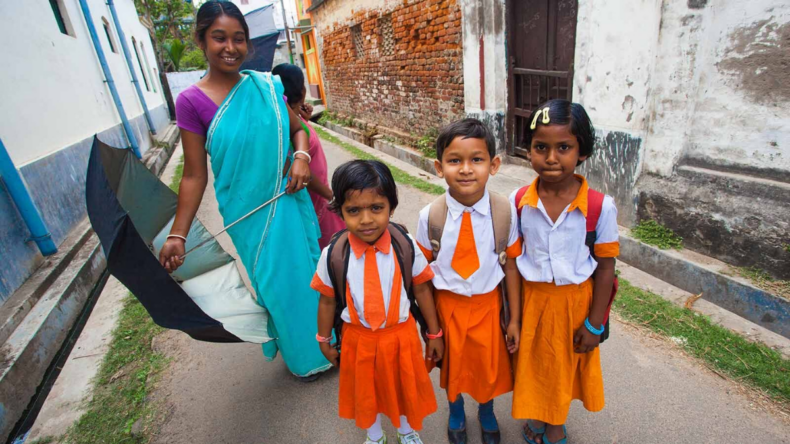6 years after the National Child Policy came out in 2013, the state of Tamil Nadu has finally come out with a state child policy of it’s own.
Acknowledging the current state of child education system following the Covid 19 pandemic. The state policy highlighted its impact on the already existing inequality in the education systems in the state.
It also speaks of the digital divide, learning crisis, violence commited against children, the poverty line and it’s effect on the lives of children.
Focusing on the delay and unrealistic on ground information, civil society workers in Tamil nadu alledge that the policy was not crafted for the interest of the children.
They claim that the policy itself had no insight as it did not consult those who are working in the area of child rights in the state.
Many from such organisations have accused the state for not housing a public consultation before release as it has resulted in a vague format and is out of touch with many ground realities.
Meanwhile, child rights activist, pointed out that because of the lack of consultation with people working to fight for child rights in the state, the policy document has ended up being too vague for a policy but has some specifics that should have been in a Plan of Action instead.
One of the activist was quoted saying “It should have been less verbose, and should have had a lot more substance,”
POSH vs POCSO
The most obvious error in the policy document was pointed out to be the protection measures taken to keep children safe.
While this section is suppose to highlight measures taken to eradicate or help monitor abuse in all forms namely physical, emotional, sexual, neglect, denial and cyber.
The document talks about something drastically different under the measures. The policy highlights that all schools should form Internal Committees (also known as Internal Complaints Committee) under the POSH Act.
The statement seems out of place that an Internal committee would have nothing to do with a child sexual abuse cases at school premises.
IC in general deals with sexual harassment at workplaces and involved adults and not children. The policy was suppose to highlight the inclusion of Protection of Children from Sexual Offences (POCSO) Act.
The Good Parts
Meanwhile, the policy included things such as “upgrade of rehabilitation services for children” .
The policy highlighted focus on mental health, psychosocial support; better after-care services for children exiting institutional care; safe guarding children coming into the child protection network; increasing awareness of available services for protection of children.
On the topic of awareness among children, the policy said that the state should ensure children are completely aware of their rights and should be provided with prospects to develop their skills on an everyday basis.
It said that build on their aspirations and express their views, in accordance with their age, maturity and capacities.
The policy highlighted steps to build opportunities for children to engage in issues they may face in everyday life. With an ultimate goal to form a “Civil Society Support Group for children and advisory support”













